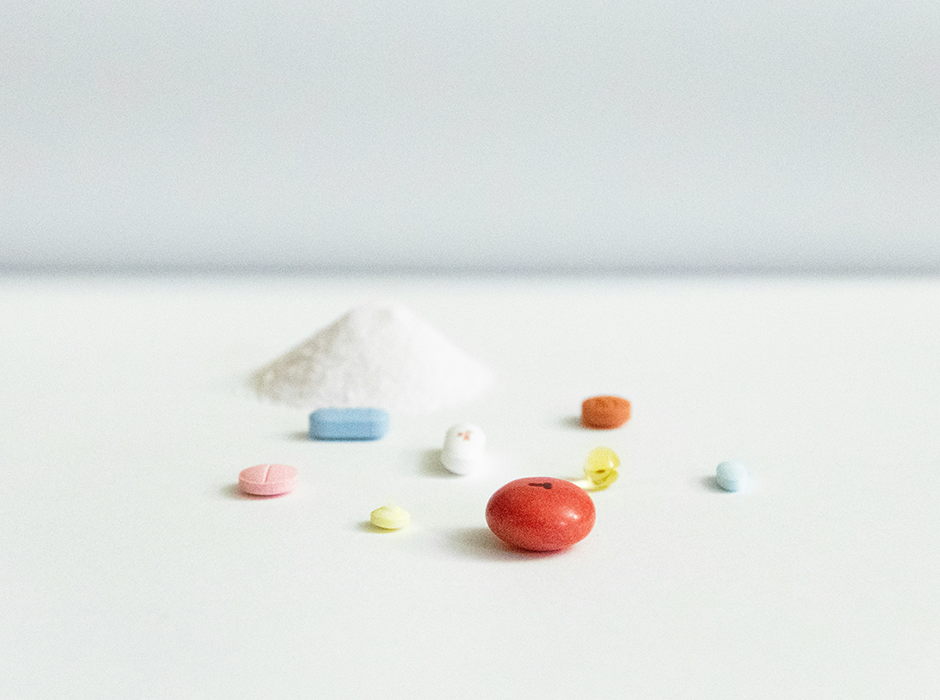
More than 900 people completed a national survey that shows most MDMA consumers carry out harm-reduction practices relatively frequently.
University of Otago researchers are calling for more drug-checking services to be available in Aotearoa.
In a study published in the Harm Reduction Journal, researchers assessed the harm reduction behaviours of people who consume 3,4-methylenedioxymethamphetamine (MDMA), plus their use of reagent testing and KnowYourStuffNZ.
KnowYourStuffNZ tests unknown substances and provides people with drug-related information.

Jai Whelan
Lead author Jai Whelan, a PhD candidate in the Department of Psychology, says it is important to know what harm is caused by MDMA and how people try to prevent it.
“Having such information can better inform future harm reduction efforts, including service provision and drug education and messaging,” he says.
The primary drug analysed by the drug-checking services is 3,4-Methylenedioxymethamphetamine (MDMA) and 2021/22 data from the New Zealand Health Survey indicates 4.3 per cent of people aged over 15 used it in the 12 months prior. However, little is known about the MDMA-related harm reduction behaviours or harm experience of people who use the substance.
More than 900 people completed a national survey which shows most MDMA consumers carry out harm reduction practices relatively frequently. This includes sourcing MDMA from someone they trust, planning use, and seeking information. Fourteen per cent of the sample reported experiencing any harm from MDMA.
Forty-two per cent of people conducted reagent testing and 27 per cent used KnowYourStuffNZ.
Of those who used the drug-checking service, 95.9 per cent reported learning about harm reduction and 53.3 per cent changed their behaviour because of it.
The most common reasons for not using the service were because it was not in people’s local area (32.8 per cent) or at relevant events (51.8 per cent).
Mr Whelan says the service should be more widely accessible.
“Drug-checking services need to be more available and should continue to be developed so that we can better serve all people who use drugs.”